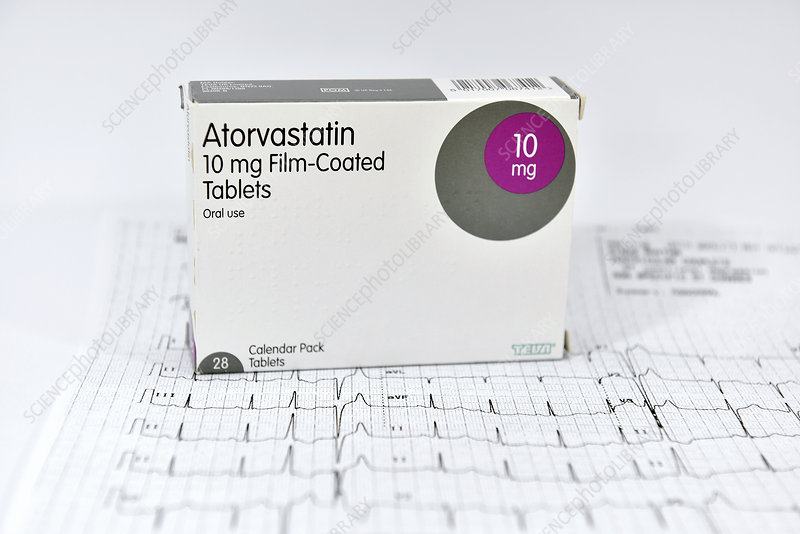What Is Atorvastatin Used For? Cholesterol Lowering Guide

Atorvastatin, commonly known by its brand name Lipitor, is a medication that belongs to the class of drugs known as statins. It is primarily used to lower cholesterol levels in the blood, thereby reducing the risk of heart disease. Atorvastatin works by inhibiting an enzyme in the liver called HMG-CoA reductase, which is essential for the production of cholesterol. By blocking this enzyme, atorvastatin reduces the amount of cholesterol produced in the liver, leading to lower levels of cholesterol in the blood.
How Atorvastatin Lowers Cholesterol
The process by which atorvastatin lowers cholesterol is complex and involves several mechanisms: - Reduction in Cholesterol Production: By inhibiting the HMG-CoA reductase enzyme, atorvastatin decreases the liver’s ability to produce cholesterol. This leads to a decrease in the overall level of cholesterol in the blood. - Increase in Cholesterol Uptake: Atorvastatin also increases the uptake of cholesterol from the blood by the liver. This further reduces the amount of cholesterol circulating in the bloodstream. - Effects on Lipoproteins: Atorvastatin has been shown to decrease the levels of low-density lipoprotein (LDL) cholesterol, often referred to as “bad” cholesterol, and increase the levels of high-density lipoprotein (HDL) cholesterol, known as “good” cholesterol. This shift in the balance of lipoproteins is beneficial for reducing the risk of cardiovascular diseases.
Benefits of Using Atorvastatin
The benefits of using atorvastatin include: - Reduced Risk of Heart Attacks and Strokes: By lowering the levels of LDL cholesterol, atorvastatin reduces the risk of plaque buildup in the arteries, thereby decreasing the risk of heart attacks and strokes. - Decreased Risk of Cardiovascular Mortality: Studies have shown that atorvastatin can reduce the risk of death from cardiovascular diseases. - Slowing Progression of Atherosclerosis: Atorvastatin can slow the progression of atherosclerosis, a condition characterized by the buildup of plaques in the arteries, which can lead to heart disease.
Who Should Use Atorvastatin?
Atorvastatin is typically prescribed to individuals with high cholesterol levels who are at an increased risk of developing cardiovascular disease. This includes: - Individuals with High LDL Cholesterol: Those with elevated levels of LDL cholesterol are at a higher risk of heart disease and may benefit from atorvastatin. - Individuals with a History of Cardiovascular Disease: People who have already experienced a heart attack or stroke may be prescribed atorvastatin to prevent future events. - Individuals with Diabetes: Diabetes increases the risk of cardiovascular disease, and atorvastatin may be prescribed as part of a comprehensive treatment plan to manage this risk.
Potential Side Effects of Atorvastatin
While atorvastatin is generally well-tolerated, it can cause side effects in some individuals. Common side effects include: - Muscle Pain: One of the most common side effects of atorvastatin is muscle pain or soreness. - Liver Damage: Atorvastatin can cause liver damage, and regular monitoring of liver enzymes is recommended. - Increased Blood Sugar: Atorvastatin may increase blood sugar levels, which is a concern for individuals with diabetes.
Lifestyle Changes to Enhance the Effects of Atorvastatin
Lifestyle changes can enhance the effectiveness of atorvastatin and overall cardiovascular health: - Dietary Changes: Eating a diet low in saturated fats and cholesterol can help lower cholesterol levels. - Regular Exercise: Engaging in regular physical activity can help improve cardiovascular health. - Weight Management: Maintaining a healthy weight can reduce the risk of heart disease.
Conclusion
Atorvastatin is a powerful medication for lowering cholesterol levels and reducing the risk of cardiovascular disease. By understanding how atorvastatin works, its benefits, and potential side effects, individuals can make informed decisions about their health. Combining atorvastatin with lifestyle changes can lead to significant improvements in cardiovascular health.
What is the primary use of atorvastatin?
+Atorvastatin is primarily used to lower cholesterol levels in the blood, reducing the risk of heart disease.
How does atorvastatin lower cholesterol levels?
+Atorvastatin works by inhibiting the HMG-CoA reductase enzyme in the liver, reducing cholesterol production, and increasing the uptake of cholesterol from the blood by the liver.
What are the potential side effects of atorvastatin?
+Common side effects include muscle pain, liver damage, and increased blood sugar levels. Regular monitoring and medical supervision are recommended.



